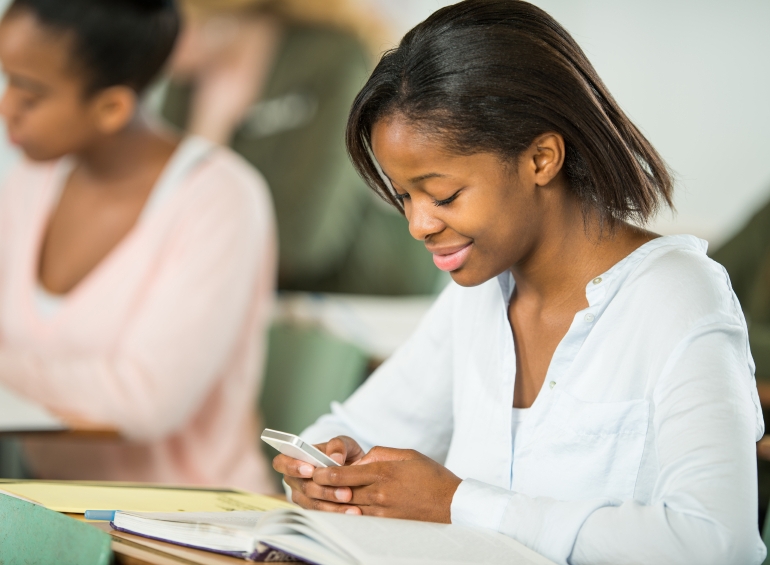ICDP started to develop in 2012 and it has been ongoing since then. Website: https://icdpghana.org/
ICDP annual report from Ghana 2023
EARLY DEVELOPMENTS:
Joyce Dodzi Larnyoh attended ICDP workshops in England and afterwards she applied the ICDP programme with groups of caregivers.Her ICDP work took place in the ‘Shapes and Colours Educational Centre’ in Community 20, Lashibi, Ghana.
Joyce has worked as a teacher in schools and colleges, both in Ghana and England and has over 25 years of experience in teaching, from nursery setting to high school level. In order to promote the implementation of the ICDP programme, she put a team together and formed ICDP Ghana, which was registered as an independent organization in February 2013. Soon after, a three year project was designed in collaboration with ICDP international.
As part of this new initiative, ICDP Ghana has started to collaborate with a number of organizations: Plan Ghana, the District Assembly, the Department of Women and Children Affairs, the Ghana Education Service, the Community Organisations and Faith Based Organisations. The project will offer psychosocial support to families in local communities and will also provide capacity building for teachers in kindergartens and pre-schools. Training will be given to key staff and workers in existing network groups in the Upper Manya District of the Eastern Region of Ghana. The aim is to improve the psychosocial health and wellbeing of vulnerable children by increasing the psychosocial competences of adults in charge of their care.
The training will focus on forming a core group of thirty facilitators enabled to deliver ICDP to groups of caregivers, reaching approximately 350 caregivers and 1500 children. The implementation process by ICDP facilitators will take place in Asesewa and Sekesua.
Ensuring community participation in all programme and project planning and implementation will be the focus of the project. Communities will be an integral part of all decisions taken. The project will hold frequent community and network meetings and use other participatory rural appraisal tools. A lot of collaboration and networking will therefore be carried out involving the primary partners (the District Assembly and the Local Council of Churches) as well as the other decentralized departments such as the Ghana Health service (GHS), Ghana Education Service (GES) and the Department of Community Development (DCD).
ICDP Ghana will ensure that a transition plan is implemented in a smooth and acceptable way that will not interfere with the community’s normal way of living. The project will make concerted efforts to ensure that the ability and confidence level of the community members and the local community based organizations and the unit committees are strengthened. They will be empowered technically, socially, economically and spiritually to ensure that the development achievements during ICDP’s operations are sustained even after the transition. This will be done in collaboration with the district assembly and network groups which will be the overall goal owner of the transition because they will be the final authority in the district. The project will ensure effective use of networks and communication to keep constant information flow within the communities, to communicate changes and the possible transition and continuity by the CBO’s/FBO’s and the district assembly.
ICDP Ghana has not yet managed to obtain all the funding required for this project. The first phase in training has been completed.
During 2014 there have been several meetings and exchanges between ICDP and two key organizations operating in the country, Plan Ghana and World Vision Ghana, with the aim of establishing cooperation on this project.

